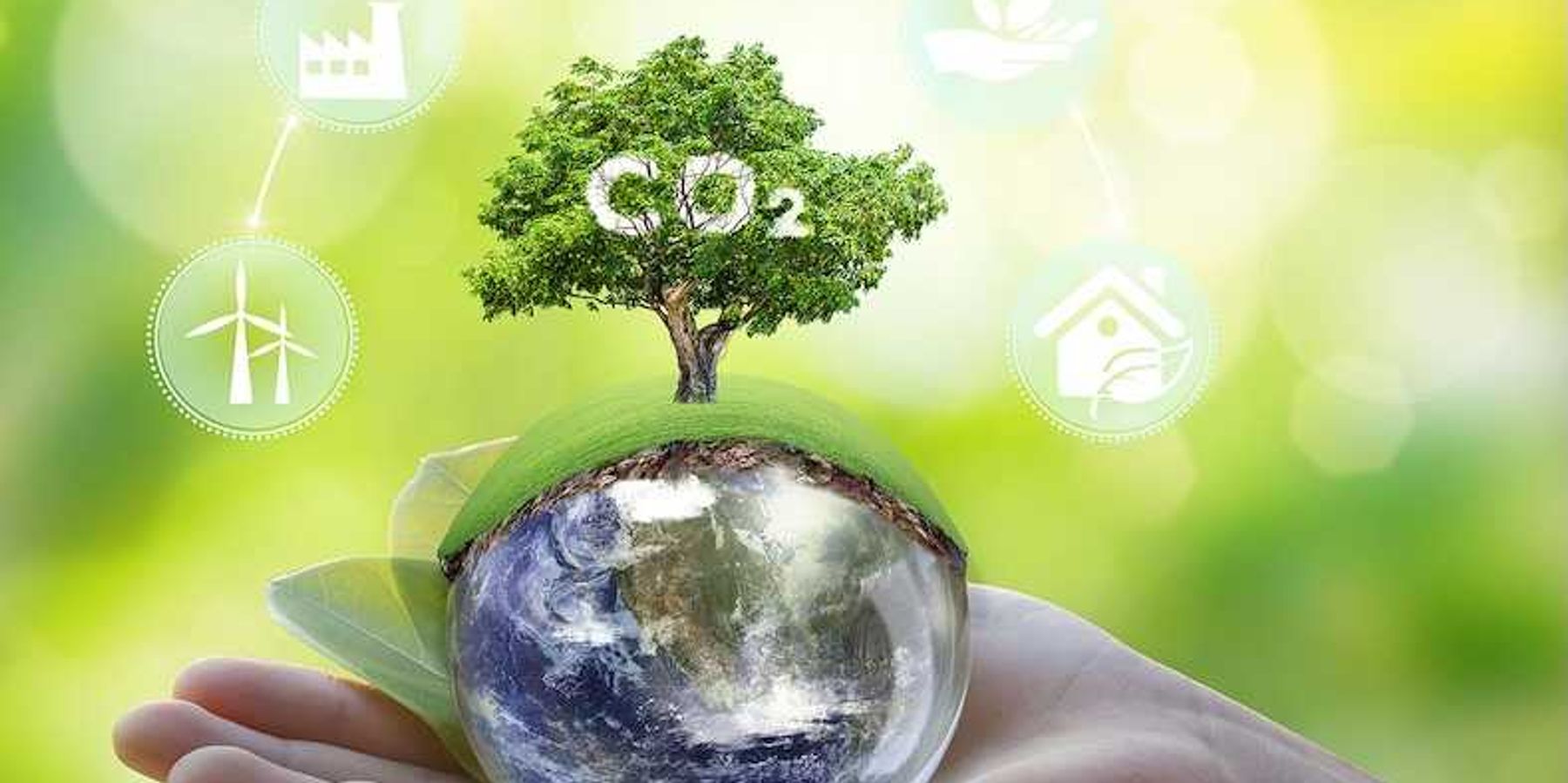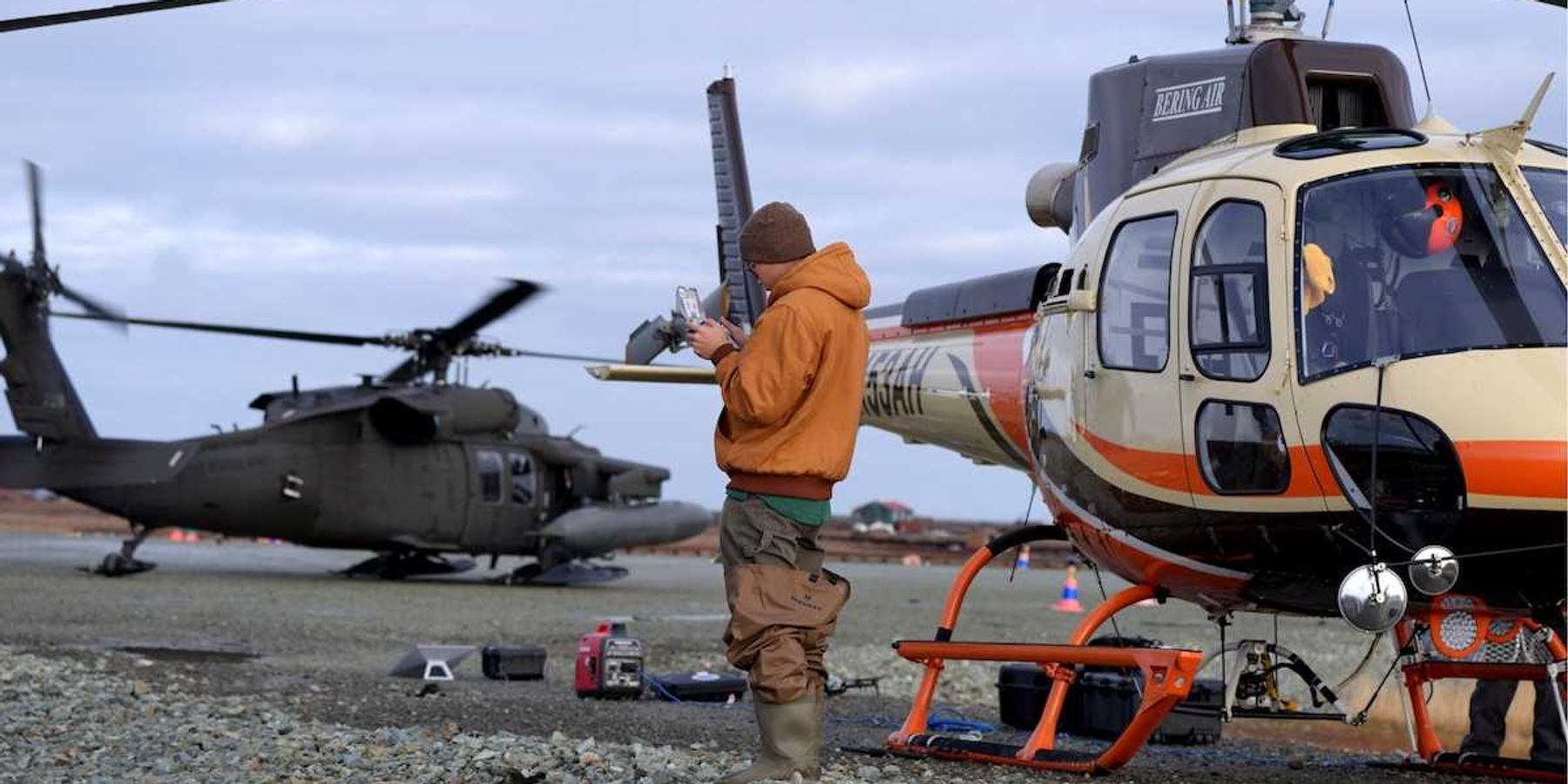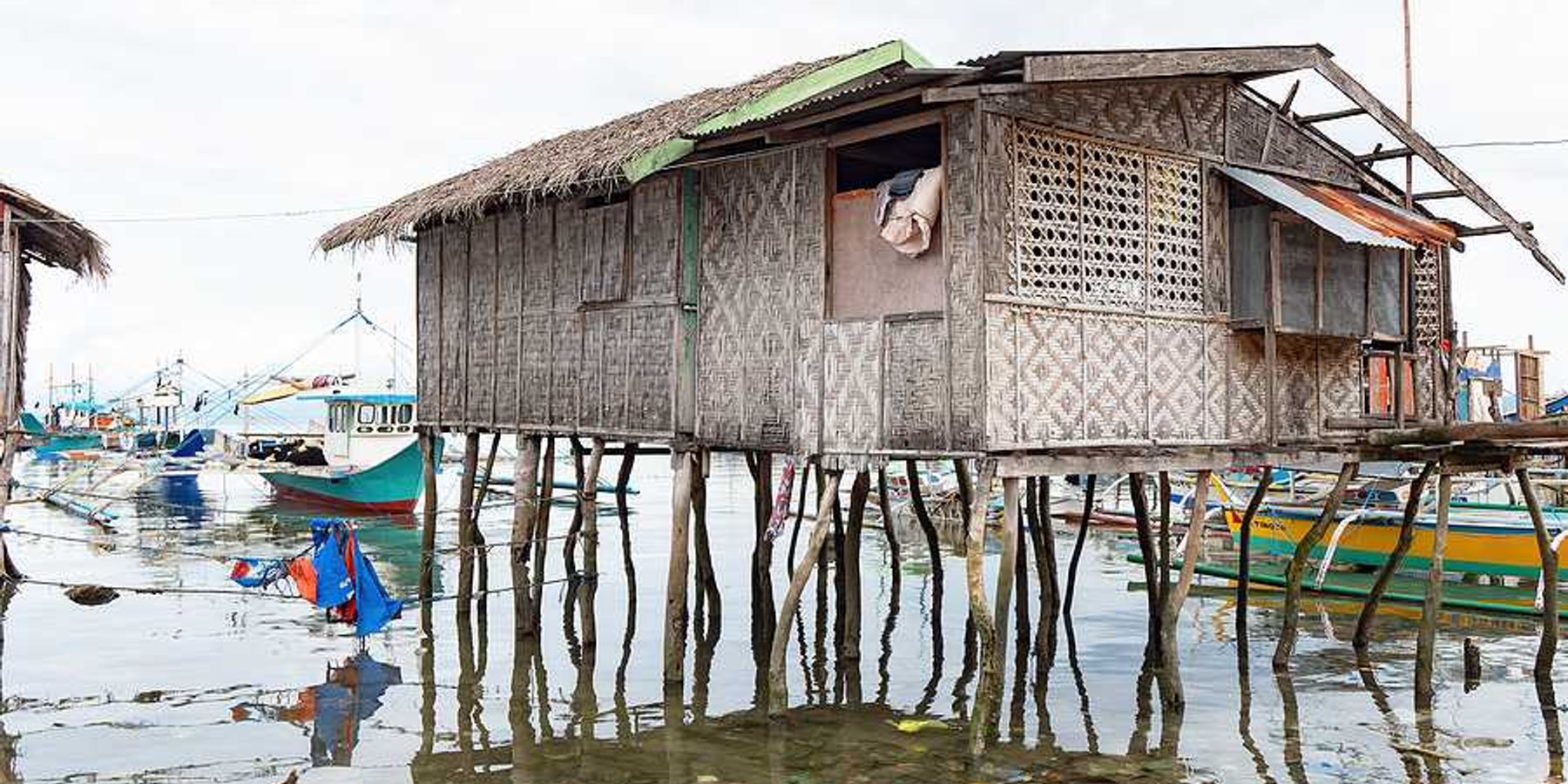Rush to build carbon pipeline leaps ahead of federal rules and safety standards
In a nutshell:
With the fossil fuel industry doing battle on multiple fronts to protect their privileged position and preserve dominance in a "low-carbon" energy future, industry is doubling down on efforts to establish a network of pipelines devoted to largely untested carbon capture and storage technology. This includes a novel and potentially risky dive into converting existing natural gas pipelines to carry carbon dioxide.
Key quote:
“This stuff can kill,” said Richard Kuprewicz, an independent consultant and pipeline safety expert. “I don’t say that to scare anybody. I just say that to say, you have to think this through.”
Big picture:
According to the Pipeline and Hazardous Materials Safety Administration (PHMSA), updated rules to cover such pipelines are lacking and currently being rewritten with proposed regulations expected next year. In the absence of guardrails for gaseous CO2 and massive funds up for grabs, companies are rushing to gain regulatory advantage by exploiting existing loopholes before they vanish. In many cases CCS projects, at least in their planning stages, are being designed to follow the path of least political resistance — the economically disadvantaged, Indigenous groups and communities of color.













